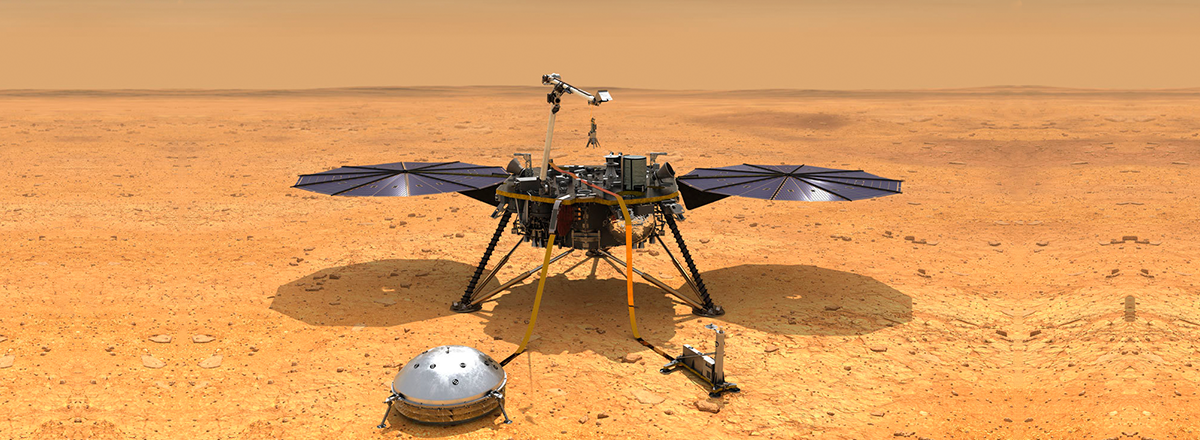NASA Finds That Days on Mars Are Getting Shorter
Recent measurements collected by NASA's InSight Mars Lander have revealed that the length of a Martian day is diminishing by around three-quarters of a millisecond annually due to the planet's spinning rate speeding up.

Mars is undergoing a perplexing transformation as its rotation accelerates, causing its days to progressively shorten. Recent measurements collected by NASA's InSight Mars Lander have revealed that the length of a Martian day is diminishing by around three-quarters of a millisecond annually due to the planet's spinning rate speeding up.
A standard Martian day, known as a "sol," is currently 24 hours and 37 minutes in duration, but the precise scrutiny provided by InSight's measurements indicates an ongoing reduction in day length. While the cause of this phenomenon remains a mystery, planetary scientists hypothesize that the redistribution of mass on Mars may be contributing to the accelerated rotation.
This mass redistribution could be the outcome of factors such as the accumulation and thawing of ice on Mars' polar caps or the slow rebound of the surface from the pressure of immense glaciers that existed near the equator during past ice ages.

